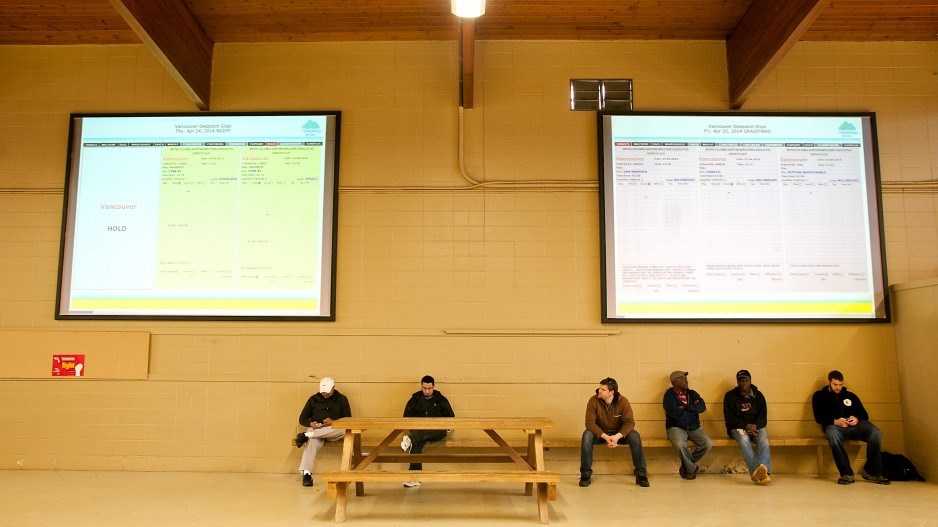Expect Metro Vancouver’s economy to shrink 3% this year as the tentacles of the COVID-19 pandemic continue to squeeze businesses.
A Conference Board of Canada study forecasts real GDP will fall 6.9% in the second quarter before rebounding 2.6% in the third quarter.
“Next year looks much better, with GDP advancing 6.5%,” the Tuesday (May 12) report from the Ottawa-based think tank stated.
The region’s economy experienced 2.8% growth in 2019.
The unemployment rate in Metro Vancouver, meanwhile, is expected to grow from 4.6% in 2019 to 7.5% this year, peaking at 13.8% in the second quarter of 2020.
“Importantly, the city’s vital finance, insurance, and real estate (FIRE) industry is not expected to contract this year,” the report stated.
Instead, growth in the FIRE sectors is expected to ease to 1.6% this year, the lowest level since the 2009 recession.
Much of the slowdown in the above sectors can be attributed to real estate, with housing starts forecast to fall 21,033 units this year — down from 28,141 in 2019.
“Before the virus struck, the local housing market had been recovering from the hits inflicted upon it by the imposition of various market-cooling government policies. Last year’s housing starts were healthy by past standards, but below the record high (based on data going back to 1972) that they reached in 2018,” the Conference Board stated in its report.
“Both housing starts and the resale market will slow while the coronavirus threat lingers. But they should start to recover next year, fuelled by low interest rates, pent-up housing demand, and supportive federal programs. The resale market could even strengthen beyond its pre-COVID balanced position.”
Health care is expected to grow 3.1% but deep wounds will be inflicted on Metro Vancouver’s food and accommodation services, with output falling by 41.3%.
Output from the arts and entertainment sector is expected to decline 18%.
But the Conference Board expects all industries to bounce back in 2021.
“Solidifying housing markets should accelerate FIRE expansion output gains, while the end of the pandemic should lead to at least some resumption in travel and allow larger groups of people to gather, boosting prospects for Vancouver’s accommodation and food services and arts and entertainment sectors,” the report stated.




